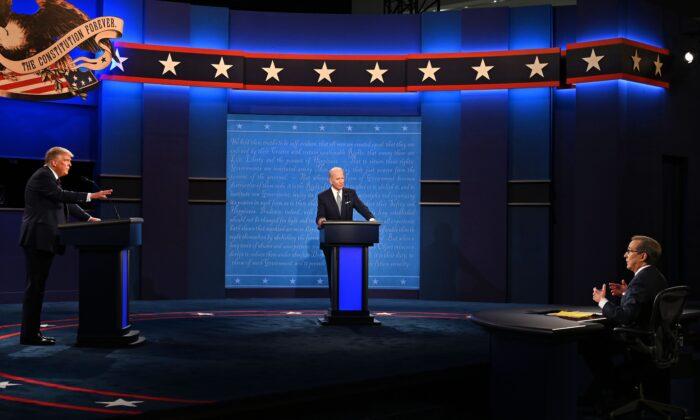AMSTERDAM, Netherlands—Plans were unveiled by the Dutch Parliament last week to investigate what can be done to save the country’s troubled newspaper industry. Dutch newspapers have experienced financial trouble due to decreased sales in recent years, and the current recession is exacerbating matters.
Decreased sales, the recession, and Internet competition, have led to fewer advertisers for print papers. Some of the leading newspapers in the country have been forced to layoff up to 5 percent of their employees.
Minister of Education, Culture and Science, Ronald Plasterk, have together with the Dutch Parliament announced that a commission will be initiated within three weeks, to investigate the issues that newspapers are facing. The commission will specifically look at how newspapers can become more profitable through innovation projects, and look at future perspectives of the news sector in Holland. Up to 8 million euro will be made available, the Minister said.
Newspapers, however, have not reacted with enthusiasm. Radio Television Luxemburg reported that they want “structural support” rather than one-offs. The chief editor of NRC Handelsblad, a Netherlands broadsheet, wrote in an editorial: “We don’t want to become dependent on the government. The only thing we want is a free-market which is really free.”
Concerns have been raised about the effect government support will have on the objectivity and independence of private media companies. Martijn van Dam, member of the Dutch Parliament, wrote in an open letter to the newspaper BNdestem that “Newspapers have the effect that municipal councilors, parliament members, officials, and entrepreneurs know they are being watched... National newspapers need to cut-costs again, and at regional newspapers, fewer journalists need to govern a larger area. The effect is that the [public] control on city counsels, mayors, municipal councilors, and local notables is reduced.”
Decreased sales, the recession, and Internet competition, have led to fewer advertisers for print papers. Some of the leading newspapers in the country have been forced to layoff up to 5 percent of their employees.
Minister of Education, Culture and Science, Ronald Plasterk, have together with the Dutch Parliament announced that a commission will be initiated within three weeks, to investigate the issues that newspapers are facing. The commission will specifically look at how newspapers can become more profitable through innovation projects, and look at future perspectives of the news sector in Holland. Up to 8 million euro will be made available, the Minister said.
Newspapers, however, have not reacted with enthusiasm. Radio Television Luxemburg reported that they want “structural support” rather than one-offs. The chief editor of NRC Handelsblad, a Netherlands broadsheet, wrote in an editorial: “We don’t want to become dependent on the government. The only thing we want is a free-market which is really free.”
Concerns have been raised about the effect government support will have on the objectivity and independence of private media companies. Martijn van Dam, member of the Dutch Parliament, wrote in an open letter to the newspaper BNdestem that “Newspapers have the effect that municipal councilors, parliament members, officials, and entrepreneurs know they are being watched... National newspapers need to cut-costs again, and at regional newspapers, fewer journalists need to govern a larger area. The effect is that the [public] control on city counsels, mayors, municipal councilors, and local notables is reduced.”




Friends Read Free